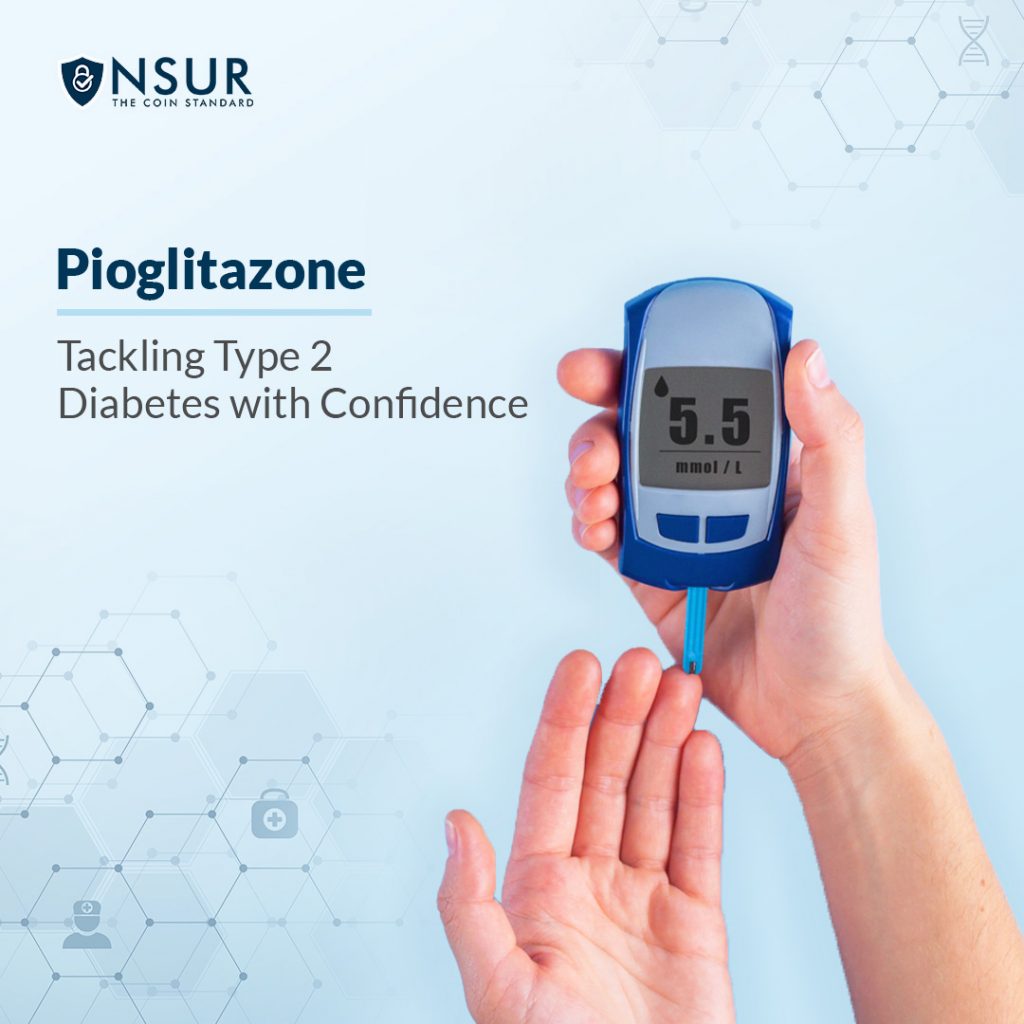
As a cutting-edge solution for data and software security, blockchain technology is gaining popularity. The applicability of related innovative technologies in the ecosystem has a profound influence on the blockchain’s potential in the healthcare sector. It involves clinical trials, medication tracing, healthcare insurance, and system tracking.
The recent collaboration between IBM Canada and Boehringer Ingelheim aims to assess the compatibility of conducting clinical trials using blockchain healthcare technologies in the future. In this project, the decentralized framework for ensuring information integrity, transparency, authenticity, and patient empowerment will be examined. They also intend to automate the procedure and monitor the results to determine whether the quality of the trials has improved.
A major breakthrough in recent times has been blockchain technology, which is best known for its role in cryptocurrencies like bitcoin. It also holds a lot of promise for the pharmaceutical supply chain, clinical trials, and other sectors. Organizations in the research and development industry are looking to blockchain technology to digitally transform and optimize key business processes. Using this distributed ledger technology (DLT) they will be able to increase visibility, prevent counterfeiting in the supply chain, and unlock opportunities. As part of this effort, the drug supply chain will be streamlined and clinical trial data will be managed. Through this system, data consistency, security, and precision will be optimized along the supply chain, enhancing stakeholder trust in the system.
Securing Clinical Trials
Every step of the clinical trial process could be optimized by blockchain. In clinical trial supply chains, blockchains offer a safe, transparent, and tamperproof method of recording transactions. Clinical studies use blockchain technology to overcome issues with misleading results and data disruption that don’t align with the study goals and objectives. Researchers can protect their data with clinical trial tools with blockchain data management to make sure it is suitable for publication.
Obtaining consent from patients and protecting the privacy of their data are also vital to the success of clinical trials. People will be more likely to trust clinical trials when they use blockchain technology.
Drug developers may securely and transparently with data management handle information on the development of new medicines and immunizations by using blockchain in clinical trials. Pharma businesses can increase the effectiveness of medication research by using blockchain in clinical trials by setting up communication channels that are transparent to authorized viewers but entirely secure due to the prevention of data tampering.
A business analysis tool can help the healthcare industry determine how the market is changing. Blockchain integrity can also be used in the management of medications, which is another way to build and monitor the supply chain from the manufacturer to the client.
Importance of drug supply chain management
Blockchain is a decentralized database system that ensures the security and transparency of every bit of information entered to its ledger. Due to the immutability of all blockchain entries, it is impossible to alter data after it has been recorded.
Blockchain in medicinal supply chains could ensure the reliability of the data recorded on every stage of the supply chain, from the location of the raw materials to the doses at a trial site. Private databases should still be secured with information about drug supply chains, including sensitive patient information like whether a drug is an active treatment or an inactive substance.
In clinical trials, supply chains take care of procuring, manufacturing, transporting, and paying for the materials necessary to carry out the experiment. A clinical trial supply chain management process is designed to improve the speed, efficiency, and effectiveness of designing, planning, implementing, and tracking the trial supply chain. Since clinical trials depend on reliable product supply and quality assurance, supply chain management must be firmly established.
One of the major concerns for a clinical supply chain is overcoming a shortage of trial drugs, which can affect participants’ treatments. Although it is imperative that researchers anticipate how many doses will be needed while managing budgets and waste, the issue is that they need to do so without knowing the number, timing, and weight of trial participants, which has an enormous impact on the amount of the medication required.
Take Away
Clinical trials typically pose certain risks to the integrity of the data gathered. Blockchain technology may be able to reduce those risks and can reinforce the authenticity of any data that confirms the results of medication used for clinical trials. By doing so, predetermined guidelines will be followed during the analysis. It may also improve the traceability of medications if blockchain technology is used in supply chain management. As a result, this will increase consumer and participant confidence, enabling these healthcare businesses to work more effectively.
Blockchain technology appears to have limitless potential and opportunities, but it will take some time before the highly regulated and intricate healthcare sector is able to fully capitalize on the benefits it offers by incorporating blockchains in clinical trials and drug supply chain management.










